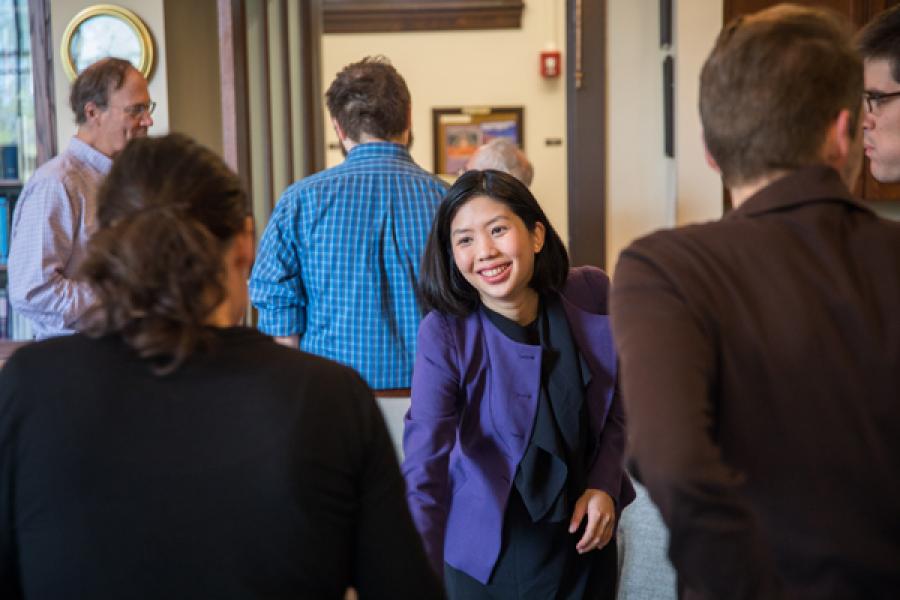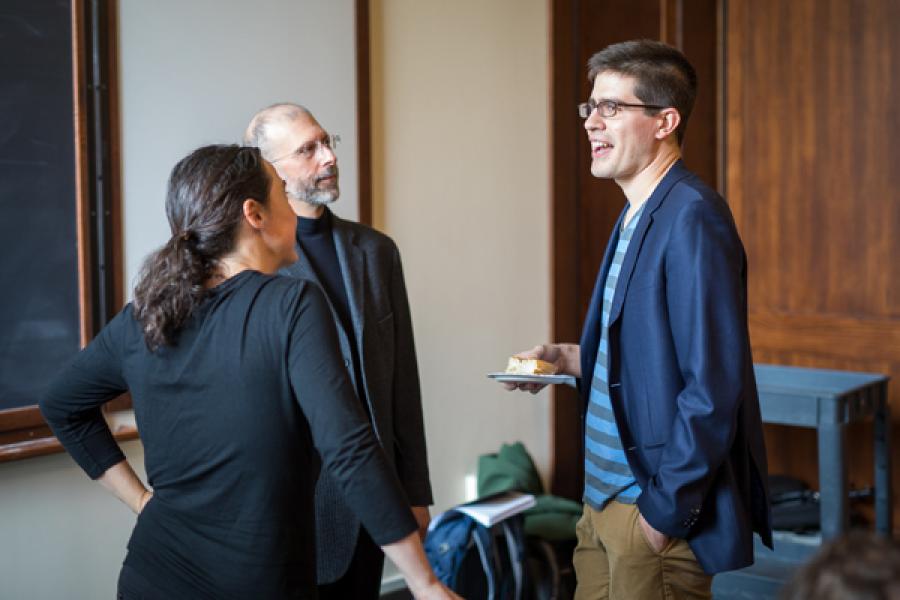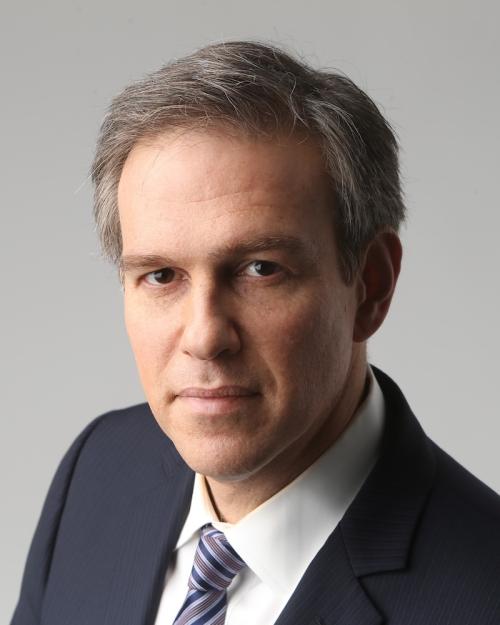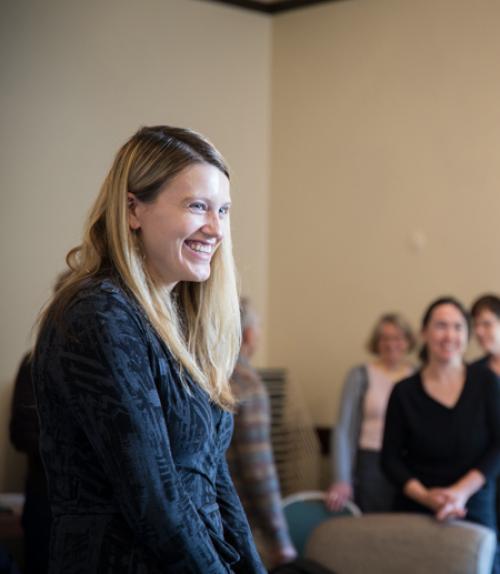Graduate students affiliated with the College of Arts & Sciences were feted earlier this month at a reception honoring their skills as teaching assistants and mentors to undergraduate students.
“All of us can remember an extraordinary teacher in our lives, someone who helped us when we thought we might fail, somebody who opened a world to us,” said Gretchen Ritter, Harold Tanner Dean of Arts & Sciences, in congratulating the award winners. “This is a great reminder to us that teaching can change lives.”
The awards are supported by alumni gifts, Ritter said, and recognize not only innovative teaching, but also student counseling, classroom presence, preparation and administration and the development of new courses.
“The students honored today are not only excellent teachers, but they’re first-rate scholars,” said Michael Goldstein, psychology professor and awards committee chair.
The Deanne Gebell Gintner ’66 and Family Annual Prize for Teaching Assistants went to:
- Jessica Abel, English
- David Peck, neurobiology and behavior
The Dean’s Prize for Distinguished Teaching went to:
- Kacie Armstrong, psychology
- Magdala Jeudy, romance studies
- Elizabeth Wijaya, comparative literature
The Stephen and Margery Russell Distinguished Teaching Award went to:
- Debak Das, government
- Ethan Jost, psychology
- Claire Leavitt, government
“It sounds cliché, but I really like seeing the looks of recognition on students’ faces,” said Leavitt, adding that one class she taught was through Cornell’s Prison Education Program. “I also like to show students that politics isn’t boring, even though, amazingly, even today, a lot of them think it is.”
She thinks part of her job is to encourage people to get interested in politics. “Politics doesn’t really work unless people think it’s worth participating in,” she said.
Peck, a graduate student in neurobiology and behavior, was honored for his work as a teaching assistant, his efforts to offer writing classes for other graduate students, his organization of a diversity recruitment weekend for the department and a project he worked on with Ithaca’s Sciencenter museum.
“I don’t view teaching as an obligation I have to be paid for, so I’ll take any opportunity I have to teach more people in a different way,” he said. “Our society right now needs people who are disseminating knowledge.”






